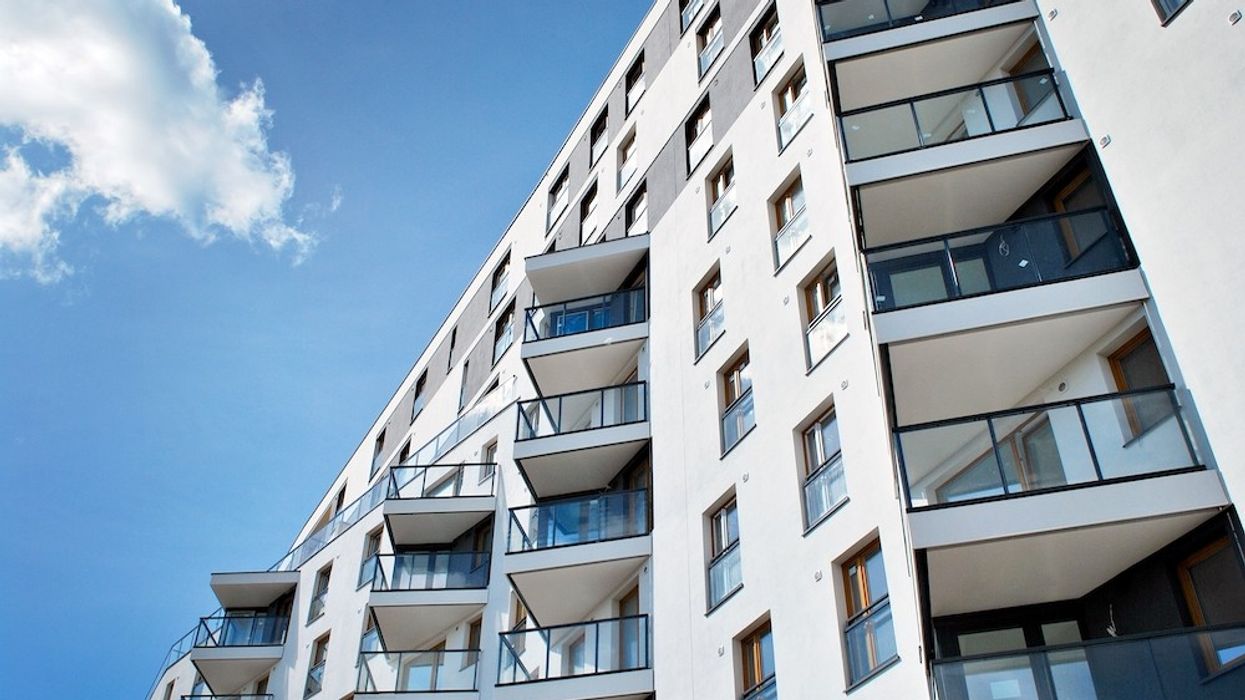Amid soaring home prices and stiff market competition, Canadians are renting homes at a rapidly growing rate, a new report from RBC Economics found.
An analysis of 2021 census data, collected in May of last year, found that the number of renters in Canada hit an all-time high, handily outpacing the growth seen in homeownership. Renters increased by 22%, while the number of homeowners jumped just 8%.
Although the data is from early 2021, well before the Bank of Canada's aggressive interest rate hikes kicked in, home prices were far from affordable with many selling for hundreds of thousands of dollars over the asking price. It comes as no surprise then that millennials, who have reached the age where buying a first home would typically be common, are spending much more time renting than previous generations. In fact, RBC found that they were spending three to five years longer renting than their baby boomer counterparts.
"Renting used to be a swift rite of passage to buying a first home," the report, written by RBC Economists Robert Hogue and Rachel Battaglia, reads. "But there’s ample evidence that younger generations of Canadians aren’t progressing up the housing ladder (from rental housing to starter homes to larger homes) quite so fast."
It's not just urban areas that are seeing the high renter growth. In fact, smaller cities saw a 22% jump in renters compared to larger cities' slightly smaller 21%.
"The widespread shift toward renting suggests affordability issues in large urban areas may not be the only driving force," Hogue and Battaglia write.
There's also a growing trend of Canadians choosing to live alone, and as of 2016, single-person households overtook married couples as the most common household type. With homeownership often requiring two incomes, many of these individuals end up renting, the report says.
Interestingly, and perhaps surprisingly, when it comes to who's the fastest growing group of renters in Canada, it's actually baby boomers. Of the 5M tenant-occupied dwellings recorded in 2021, 22% were occupied by renters aged 65+ -- a 3% jump from 2011.
Home prices and an aging population aren't the only driving forces pushing more Canadians to rent. Rising immigration is also fuelling demand. Newcomers tend to rent for the first five to 10 years of living in Canada, and of the 1M most recent immigrants, 56% were renting, which is nearly double the national average.
With all of these factors at play, Canada's rate of homeownership is trending downwards, hitting 66% in 2021, and Hogue and Battaglia expect the effects of immigration, aging, and single-person households to continue in the years ahead. And with yet another interest rate hike from the Bank of Canada this week, the dream of home ownership has been pushed even further out of reach for many Canadians, priming an already tight rental market to become even tighter.
"Burgeoning rentership will put tremendous pressure on our rental stock—already stretched and inadequate in many parts of the country. We’ll need to build more rental units. A lot more," Hogue and Battaglia write, adding, "We believe addressing the so-called “missing middle” in some of Canada’s largest cities would go a long way toward broadening rental options."





















